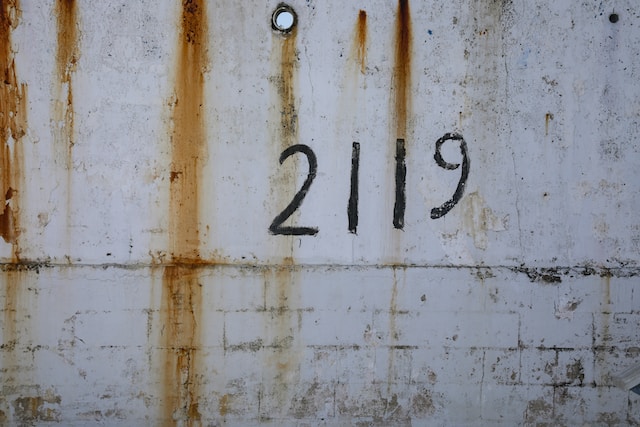Understand how hard water affects your household and take steps to combat the issues. Water is subject to various environmental influences from when it leaves its source. Calcium and magnesium accumulate in high amounts to create hard water as it percolates through gypsum, calcite, and dolomite deposits.
What is Hard Water?
Many know that hard water can cause unsightly mineral stains on shower doors, faucets, and sinks. These minerals also prevent soaps from lathering correctly, leading to dry, itchy skin and dull hair.
As water moves through the ground, it picks up dissolved mineral ions, most commonly calcium and magnesium. The concentration of these ions determines how hard or soft the water is.
Most households throughout the United States have hard water, with a high prevalence across the country’s southwestern region. You can easily find out the mineral content of your household water by requesting a quality report from your local water supplier.
Hard water treatment Tampa involves implementing methods to reduce the mineral content and mitigate its adverse effects.
How Does Hard Water Affect Our Health?
Having hard water in your home means you’re dealing with a lot of soap scum and mineral deposits around faucets, drains, showerheads, and more. It can also mean you’re dealing with less-than-ideal water pressure and shortened lifespans for appliances like washing machines and water heaters.
Those mineral residues can also enter your skin and hair, making them dry and itchy. They can reduce the effectiveness of soaps and detergents, leading to less lathering and poorer cleaning. They can also leave your clothes with a dull and greyish appearance and cause them to wear out more quickly.
Some studies have linked hard water to an increased incidence of dermatitis and eczema, likely due to the excess calcium and magnesium content that can damage your skin. These minerals can also increase your risk for kidney stones since the body does not appropriately excrete them. They can also give you a hard time when drinking water because long-term consumption of high levels of these minerals can lead to digestive problems, such as constipation and bloating.
How Does Hard Water Affect Our Plumbing?
When rainwater falls from the sky, it is soft, but it becomes hard as it travels through rock and soil to get to homes. This is because the water absorbs minerals from the rocks and soil–most often calcium and magnesium. These minerals make it less soapy and leave unsightly buildup on tubs, showers, sinks, and faucets. Over time, they may also clog pipes and impair the effectiveness of appliances like electric water heaters.
Despite its adverse effects on our plumbing, hard water isn’t bad for us. It can provide a good amount of calcium and magnesium to our diets. However, it is a significant pain for our plumbing systems. The calcium and magnesium can cause ugly mineral buildup on fixtures, but they also eat away at the pipes themselves, leading to leaks or breaks. The minerals in hard water can also be corrosive to certain metal elements used in plumbing, such as copper and lead.
What Can We Do About Hard Water?
As water travels through soil and rock to your home, it picks up minerals. Those minerals, such as calcium and magnesium, make your water hard. Though hard water isn’t a health risk, it can cause various issues, including mineral buildup in plumbing fixtures, ruined clothes and linens, poor soap and shampoo performance, and higher energy bills due to appliance waste.
Water softening systems can help mitigate the effects of hard water in your home. One popular way is by using ion exchange technology, which removes hardness-causing minerals by attaching ions to them, making the mineral ions more neutral and less likely to precipitate out of the water. Another option is to use a clarifying soap, which stops hard water minerals from interfering with your soap’s ability to lather. Both methods are affordable and easy to install.
